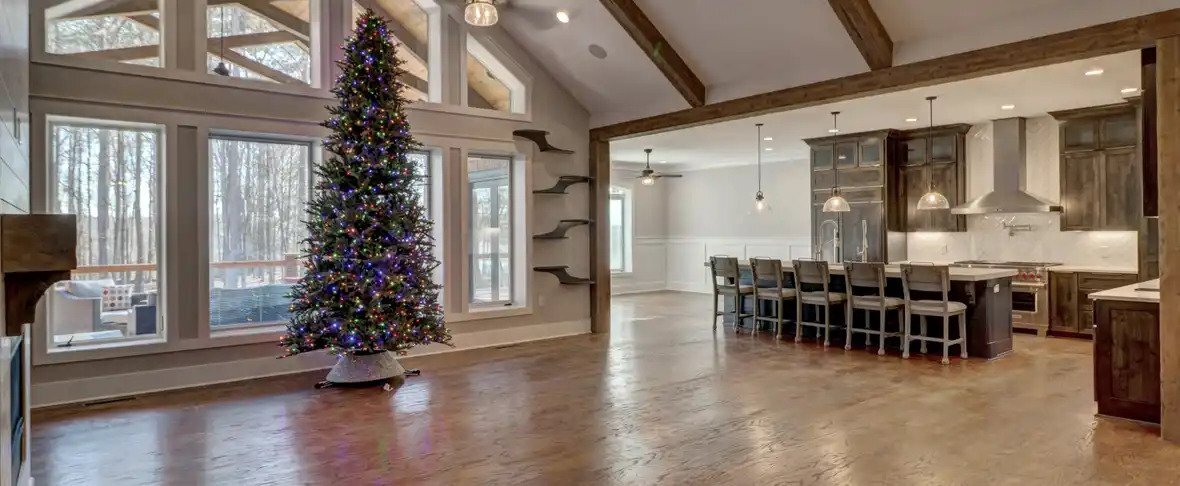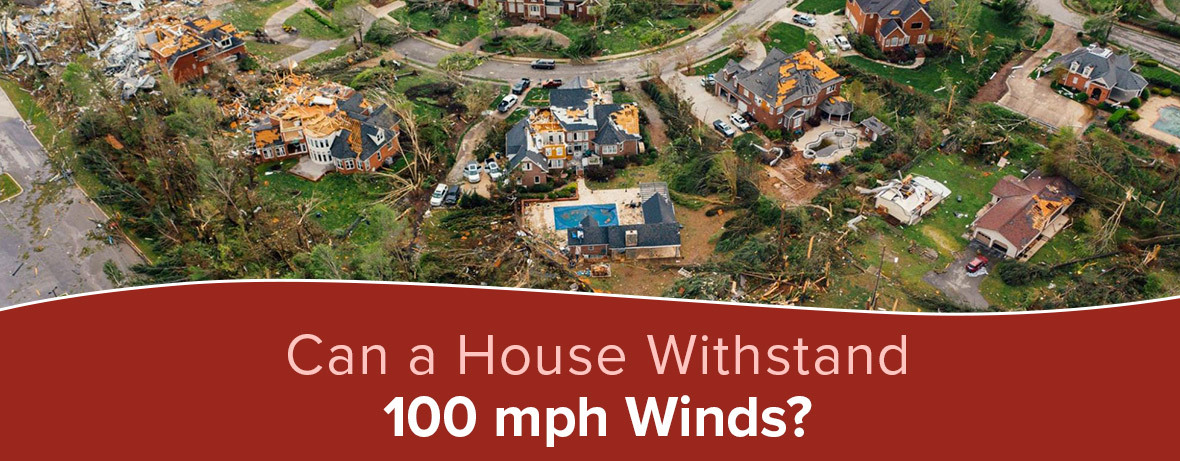
House Framing 101 - How to Select the Best Framing Option for Your Home

Exterior Wall Thickness: How Thick Should Your Walls Be?
The exterior wall thickness of a home significantly impacts the house’s energy efficiency, disaster resistance, and IEQ. Learn how thick exterior walls should be.

11 Must Haves for Energy Efficient Homes in Canada and the Northern U.S.
North America’s long-cold, sub-zero winters demand energy-efficient homes that save Canadian and American homeowners money while keeping their families warm and comfortable.

Foundation Types: 8 Different Types of Home Foundations

How Much Does an ICF House Cost to Build?

Home Construction: Built to Endure Hurricanes
A few surviving houses caught the eye of media outlets around the world, seemingly untouched by Hurricane Michael’s destruction. What made these houses different?

A Complete Guide to Hurricane-Resistant Buildings
Build to Resist Tornadoes: Storm Safe ICF Structures
Research by Texas Tech Wind Science and Engineering Research Center has demonstrated that ICF walls better protect occupants of houses from windblown debris, than frame walls. Being hit by windblown debris is the most common cause of injury during tornadoes.

Record-Low HERS Index Score Attained with Net-Zero Insulated Concrete Form (ICF) Home

Can a House Withstand 100 mph Winds?